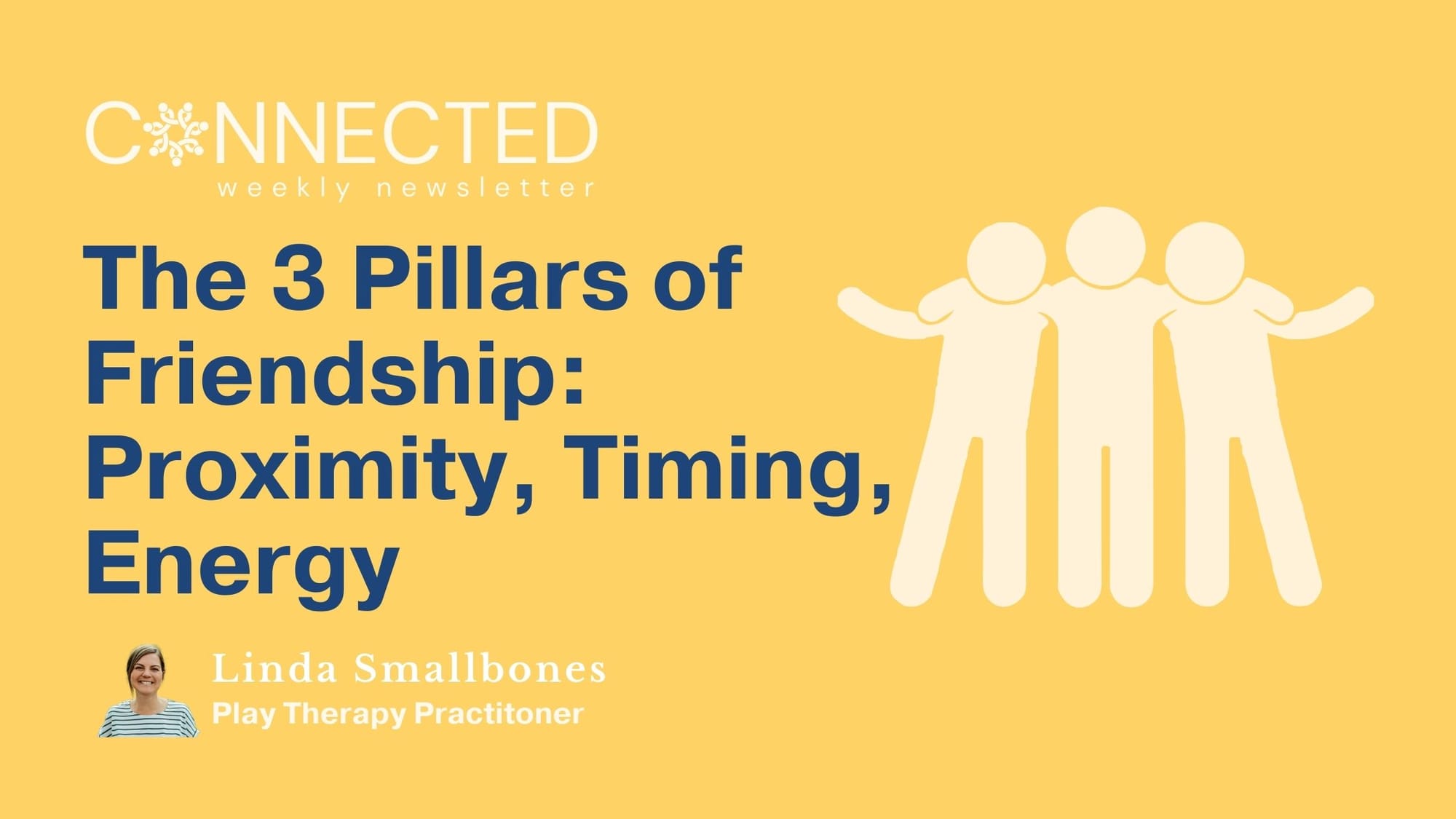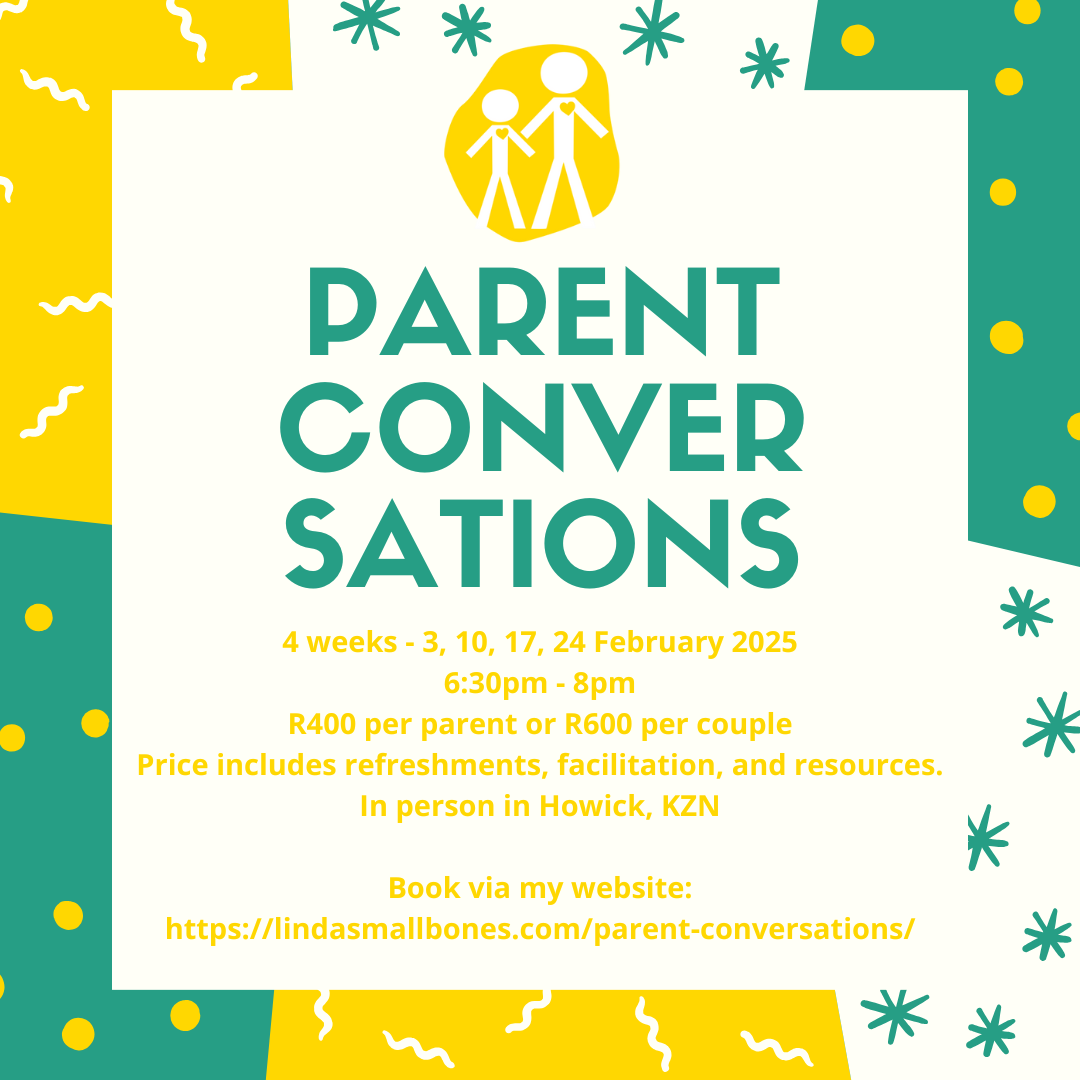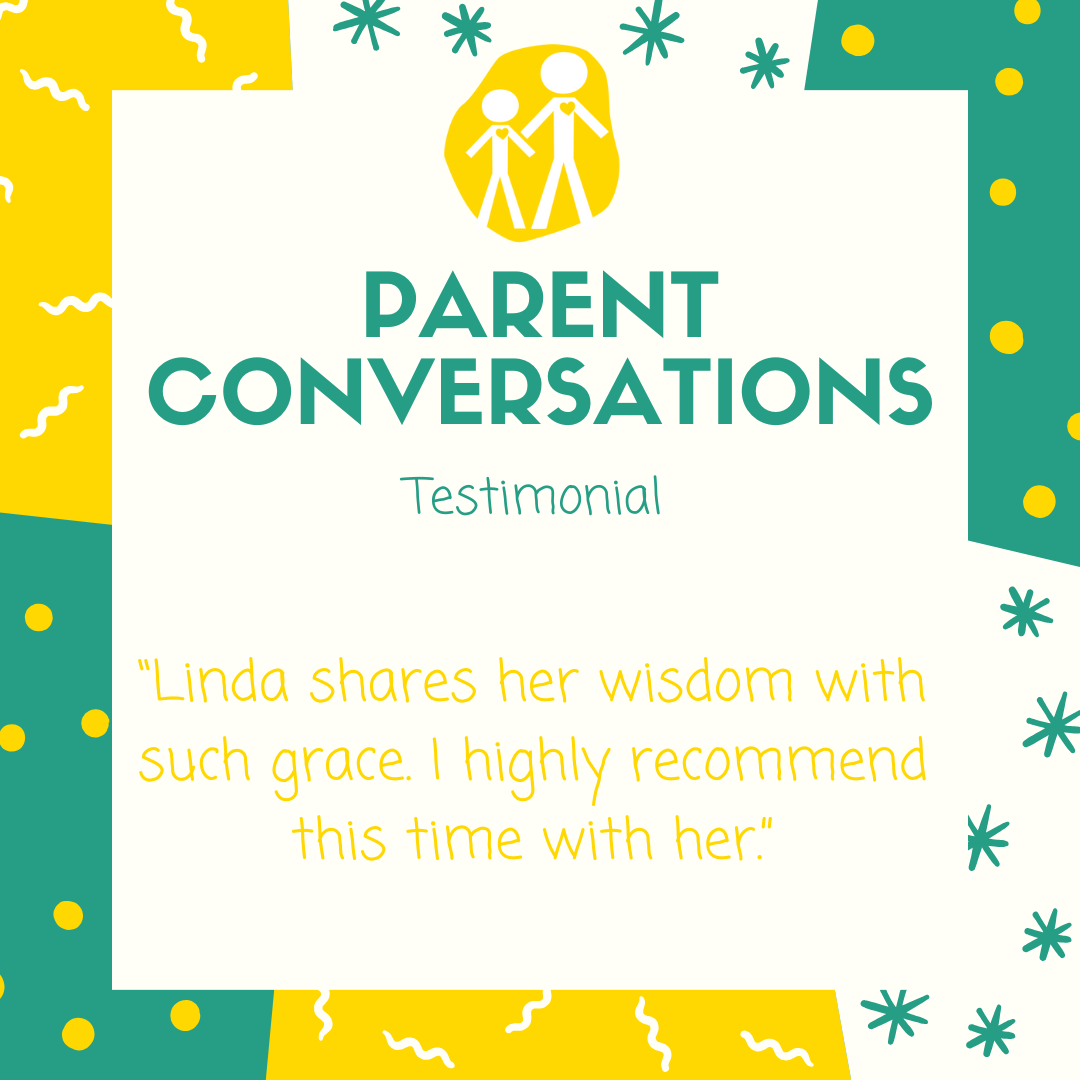The 3 Pillars of Friendship
Adult friendships matter because you matter and emotional connection matters. Friends can provide perspective, support and laughs for the journey as you navigate your stage of life whether it be young parenthood, middle age, empty nesting, or growing older.

As I draw this month’s theme of social connectedness to a close, I want to focus back on adults and friendship. If you’d like to delve deeper into this for yourself, maybe check out the journalling prompts we posted on the website under resources. These prompts help you to focus on your social life, feelings of social connectedness and belonging, and experiences of rejection.
Listening to parents I have worked with over the years, I have heard many say that they don’t have time or make time for friendships. Tiredness, financial constraints, and limited opportunities to meet new people are some reasons people give for not socialising. Covid also did not help any of us on the socialising front. After our first evening braaing with (much loved) friends, I was exhausted! Many families took a very long time to come out of the social lockdown Covid shell. We all had to find out feet again, introverts and extroverts alike.
I have written about adults’ need for friendships before, and I continue to believe they are important and necessary for our well-being and enjoyment of life.
The 3 Pillars of Friendship
I was listening to a podcast with Mel Robbins and Jay Shetty and what Robbins shared about the conditions in which friendship flourish really made sense to me so I wanted to share them with you. Robbins talked about 3 things that she calls the pillars of friendship; proximity, timing and energy. Usually when friendships are formed, all 3 of these pillars exist.

Proximity
Proximity is about physical accessibility to people around you. If you see people every day, you’re more likely to develop friendships with them. It makes sense as there are more opportunities to interact and to get to know one another. Apparently, to make a casual friend, you need 70 hours of contact time and to make a good friend, you need 200 hours of contact time. That’s a lot of time! Many children in school together make friends easily due to proximity.
If you work in an office, some of your colleagues may become friends, but it depends to some extent on the next two pillars.

Timing
Timing is about the life stage you’re at in relation to those around you. Children in school together are going through the same experiences at a similar time. They all lose their teeth at roughly a similar time, they start playing in the same sports teams at the same time, they sit their first exams together, and start learning to drive within months of one another.
Shared milestones create resonance that enable friendships to be forged and maintained much more easily. For adults, we start making new friends again when we start hitting significant milestones. My husband and I made friends with a couple in our ante-natal class, for example. Lots of friendships have been forged through those life-saving mum’s groups! In both cases there were weekly meet-ups over a period of time that helped forge friendships.

Energy
Energy is a hard one to define, it’s kind of there or not. If you like how a person lives, how they interact with others and their attitude to life, then you’ll more likely be drawn to that person. Your energy will either be similar, or in some way complimentary to their energy. Interestingly, in discussing this with some friends, we agreed that for adults sometimes friendships fizzle out when their parenting energies simply don’t match.
The Great Scattering
As we become young adults and leave tertiary education, there is what Robbins terms “the great scattering.” People find jobs, start serious relationships and families, move provinces or countries. Everything changes. Friendships for adults are way harder, because there are more obstacles to overcome. Proximity, timing and energy all change.
It has had me thinking about why certain friendships prevail over time, even overcoming distance and busy lives.
The inconvenience and the gift of community
I have had this phrase “the inconvenience of community” in my head a while. When you’re busy living, and working hard to be self-sufficient and independent, then being part of a group, a church, a club, or a friendship group can be very inconvenient. In the context of this “great scattering” it takes work to keep the friendships we really want to maintain and cherish.

It’s OK that it is inconvenient at times because it reminds me that the world does not revolve around me. And although I was born into an individualistic culture, it is a beautiful thing to learn to live more collectively, to put others first even when it doesn’t suit me.
The gift is people. The group/club/church/friendships, they are worth it. The gifts of emotional safety, shared history, stories, trust, wanting the best for one another and each other’s children. Being in community helps me to keep intentional in working at friendships.
Why do adult friendships matter?
Adult friendships matter because you matter and emotional connection matters. For those who have a spouse, that is great, but one person cannot be the sole source of your emotional connection. We gain different strengths and perspectives from different people. My female friends understand something totally different about me and my life than my husband does, and I know his male friends input into his life in ways I cannot.
Friends can provide perspective, support and laughs for the journey as you navigate your stage of life whether it be young parenthood, middle age, empty nesting, or growing older. Again, having a couple of friends who are in the same life stage as you can make a big difference. And, it's also lovely to have friends who are navigating different life stages, those who have already been there, done that have so much practice wisdom to share!
In the busyness of life, making social dates with friends can help you to remember to play and have fun.
Freedom in friendship
Friendships come and go, some are there for a season in our lives and others stay.
But the ones that don’t “stick”, let them go. Robbins says that almost 100% of the time, when friendships fizzle out, it is not personal. The friendships you wish to keep, make every effort to be intentional and proactive. Even then, if it only comes from you and is not reciprocated, maybe the season is over for now.

